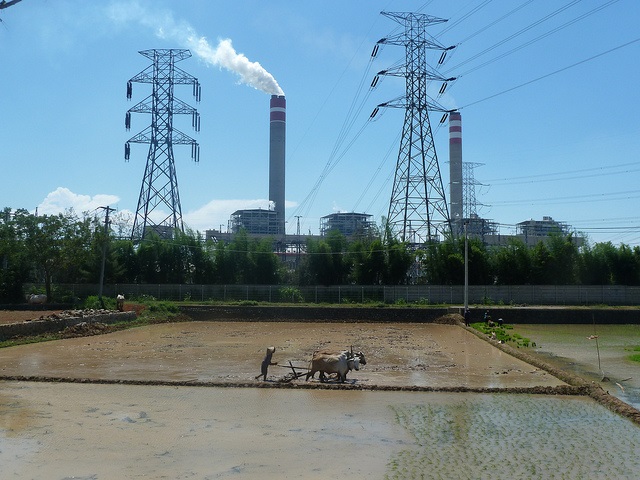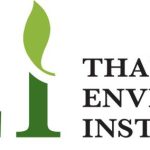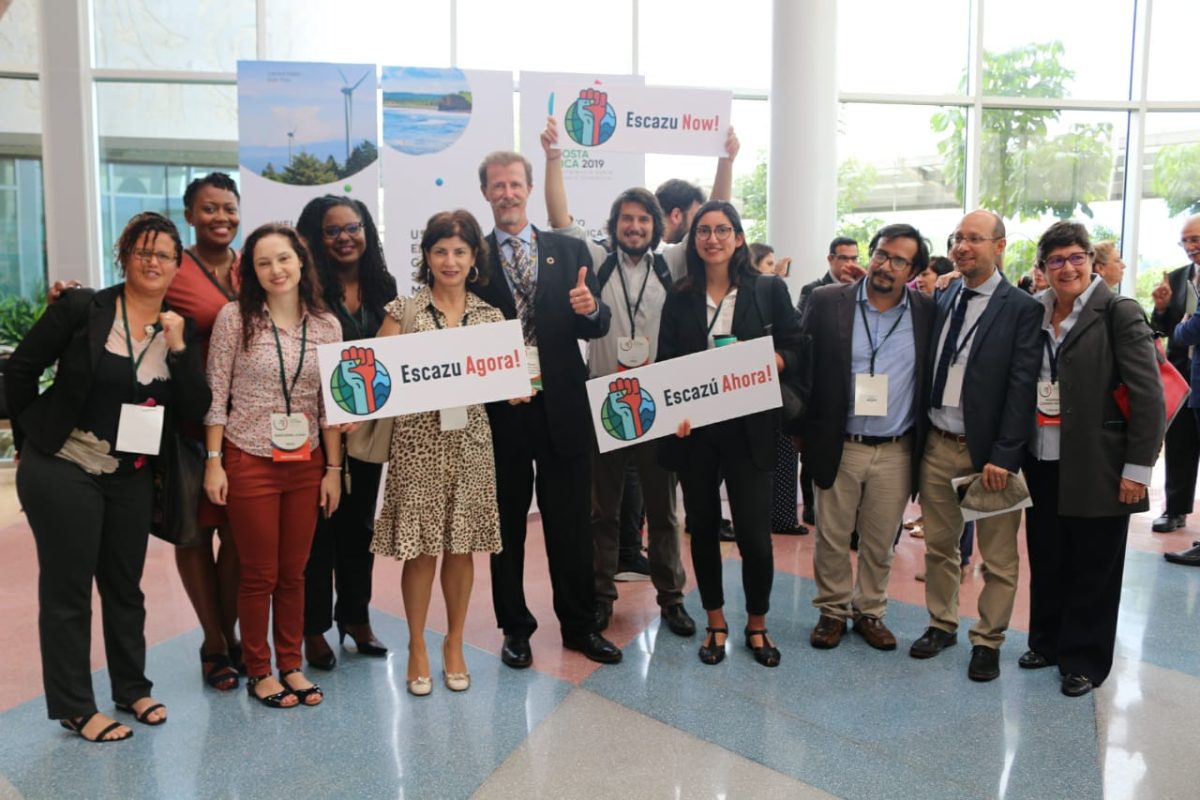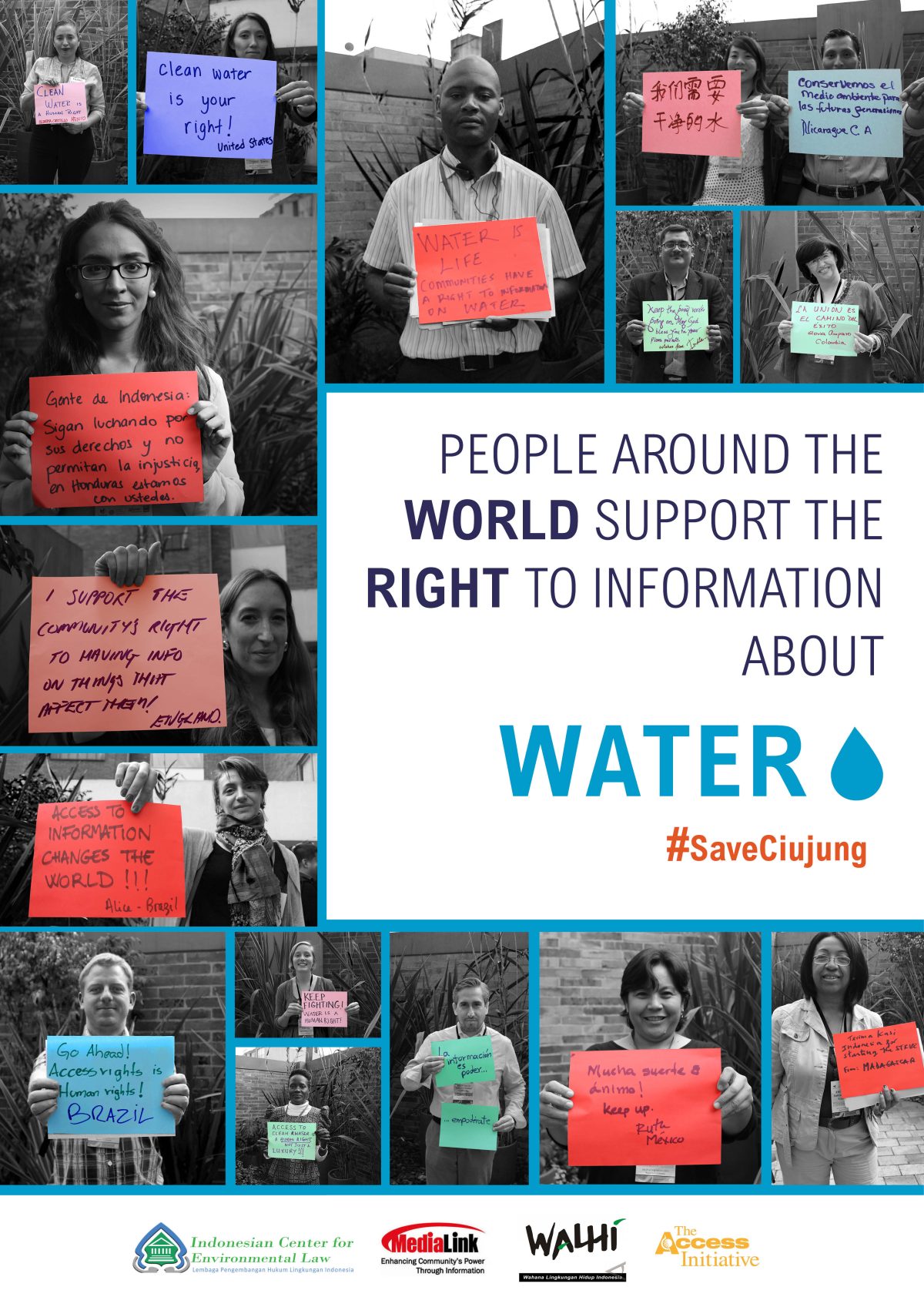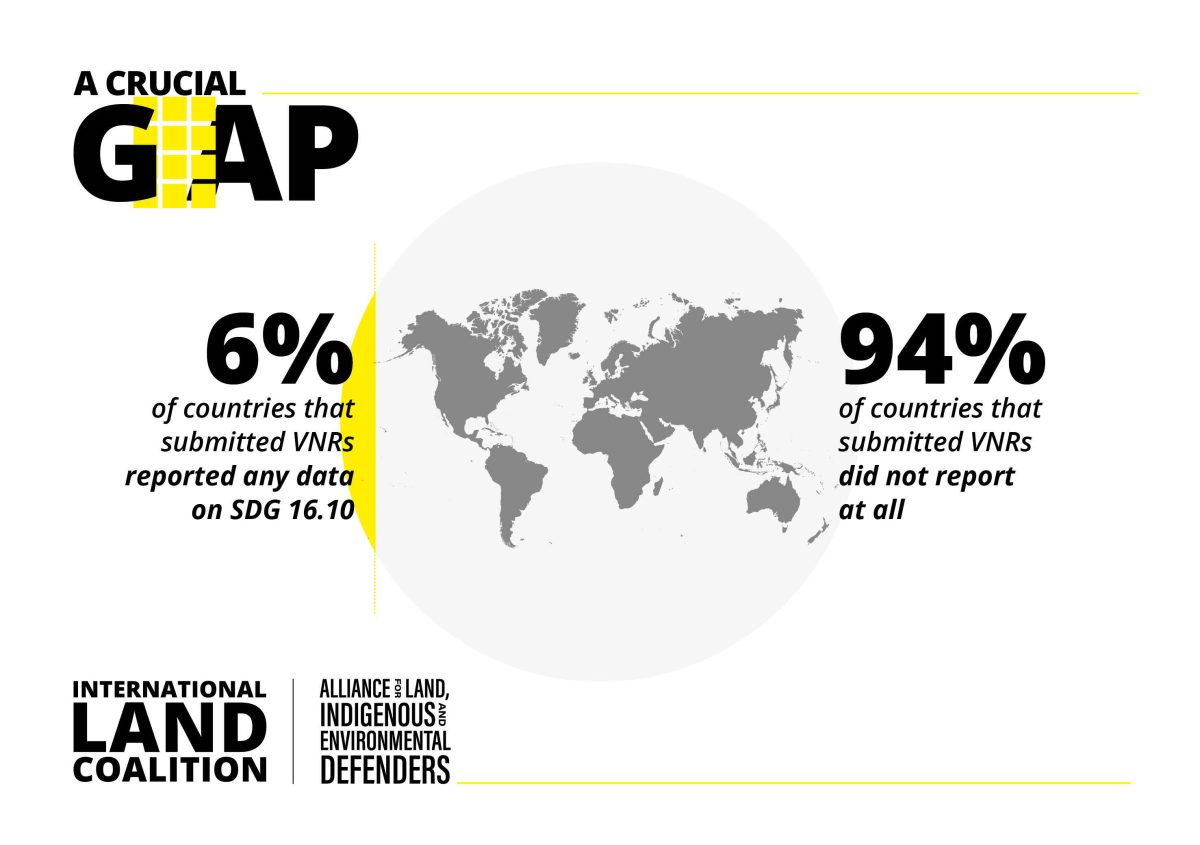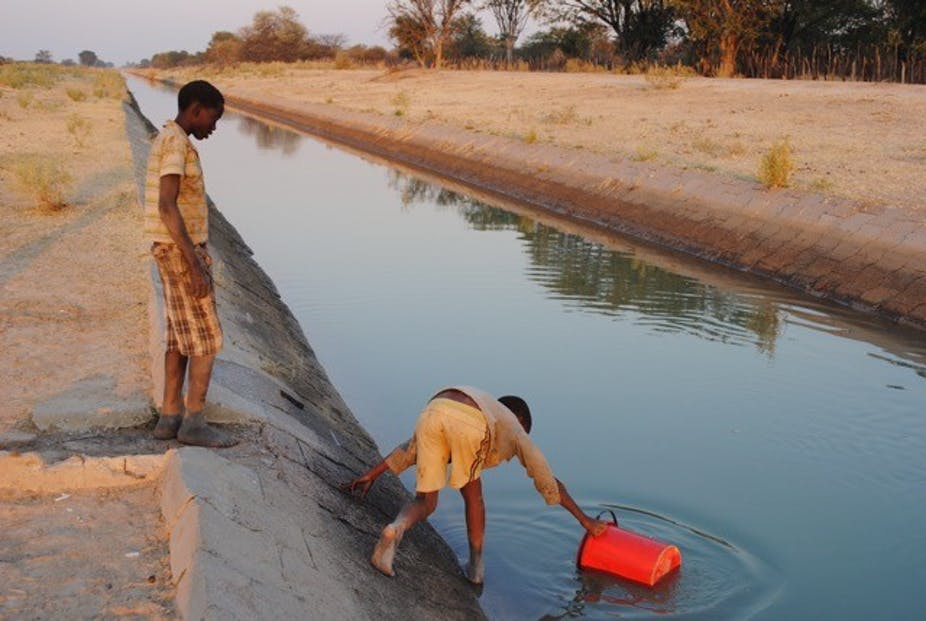Membership: TAI members in Southeast Asia include civil society organizations and individuals from five countries, Indonesia, Malaysia, Philippines, Thailand, and Vietnam. The core team members are from this region from the Thailand Environment Institute.
Goals: Multiple goals were created based on previous TAI Asia regional meetings and related forums including a list of voluntary policy and informative instruments that should be used in the Asia region to expend involvement in access rights work. These include
• linkages and partnerships with other regional networks, academic organizations, and government institutions
• development of more resources and materials including citizen guidelines and toolkits, web based information, and alternative vehicles of access to information such as television, radio, newspaper and SMS sources
• utilization of alternative methods of assessment through Strategic Environmental Assessments, Eco-labeling and green audits
